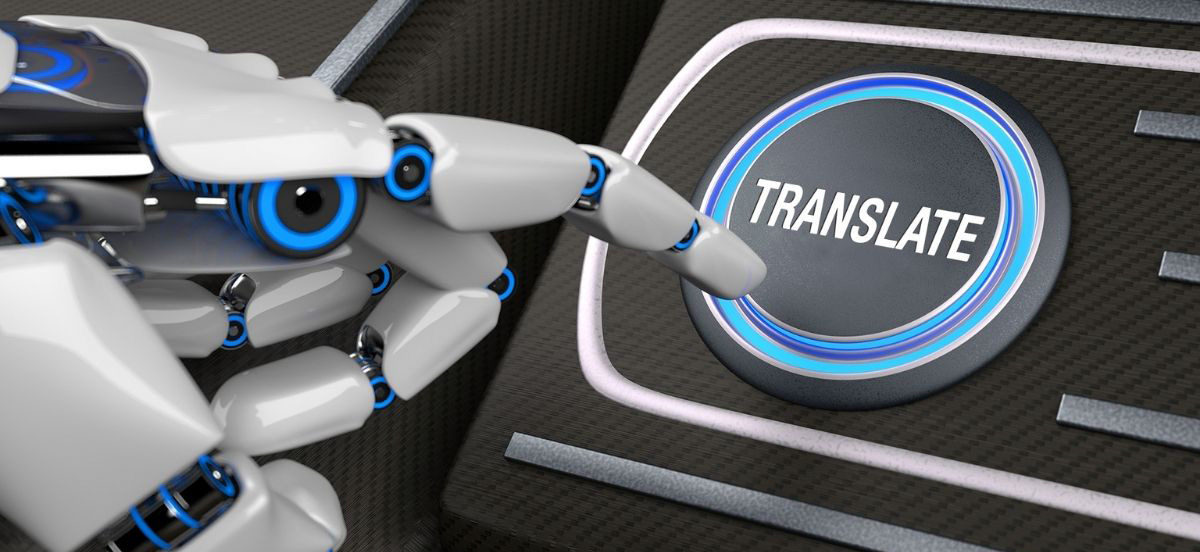Managing your translation timeline (and meeting deadlines) We find that most translation projects are “urgent”! Sometimes this is entirely justified, as in the case of an imminent trade fair, client presentation, website launch, or contract signing. By contrast, some...
Blog
How to Translate Degrees
How to Translate Degrees Translators and localisers often get confused when converting American units to SI units (see Notes). Temperature conversions are not as simple as they look. If you need to translate degrees remember: Fahrenheit and Centigrade conversion...
Why AI can’t do high-quality translation
Why AI cannot yet do high-quality translation (and perhaps, never will) Yehoshua Bar-Hillel, a linguist and machine translation pioneer in the early 1950s, listed three requirements for “machine intelligence”: The ability to manipulate language; having...
False Friends in Business Translation
False Friends in Business Translation False friends are bilingual homophones or bilingual homographs, i.e., words in two or more languages that look similar (homographs) or sound similar (homophones), but differ significantly in meaning. The origin of...
Value-added Translation Services
Does your LSP offer Value-added Translation Services? Proactive Language Service Providers (LSP) will find creative ways of making your life easier, and should offer value-added translation services, such as: Desktop publishing (DTP) There are immense savings to be...
Medical translation and accuracy
Medical translation
Translating ‘Standard’
Translating 'Standard' “Standard” is a tough word to translate. It means so many different things in English, and other languages, that translators often make mistakes when trying to understand it. In the first place, its meaning as a noun is often quite different...
Understanding New Customer Expectations
Understanding (and meeting) new customer expectations Did you know that 91% of customers say they're more likely to make a repeat purchase after a positive experience? Managing and meeting customer expectations is key to any successful business. Customers have always...
Translating & publishing scientific research
Should you publish your research in English? In the 21st century, English is, almost exclusively, the language of science. As a result, the majority of scientific research — over 90% — is published in English. In many non-English speaking countries, the number of...
Translation COST vs. VALUE
How should I think of Translation COST and VALUE? Translations are generally priced based on the number of words in the original text. So there are two ways of looking at translation cost vs. translation value. If you see translation as a commodity, comparing...









